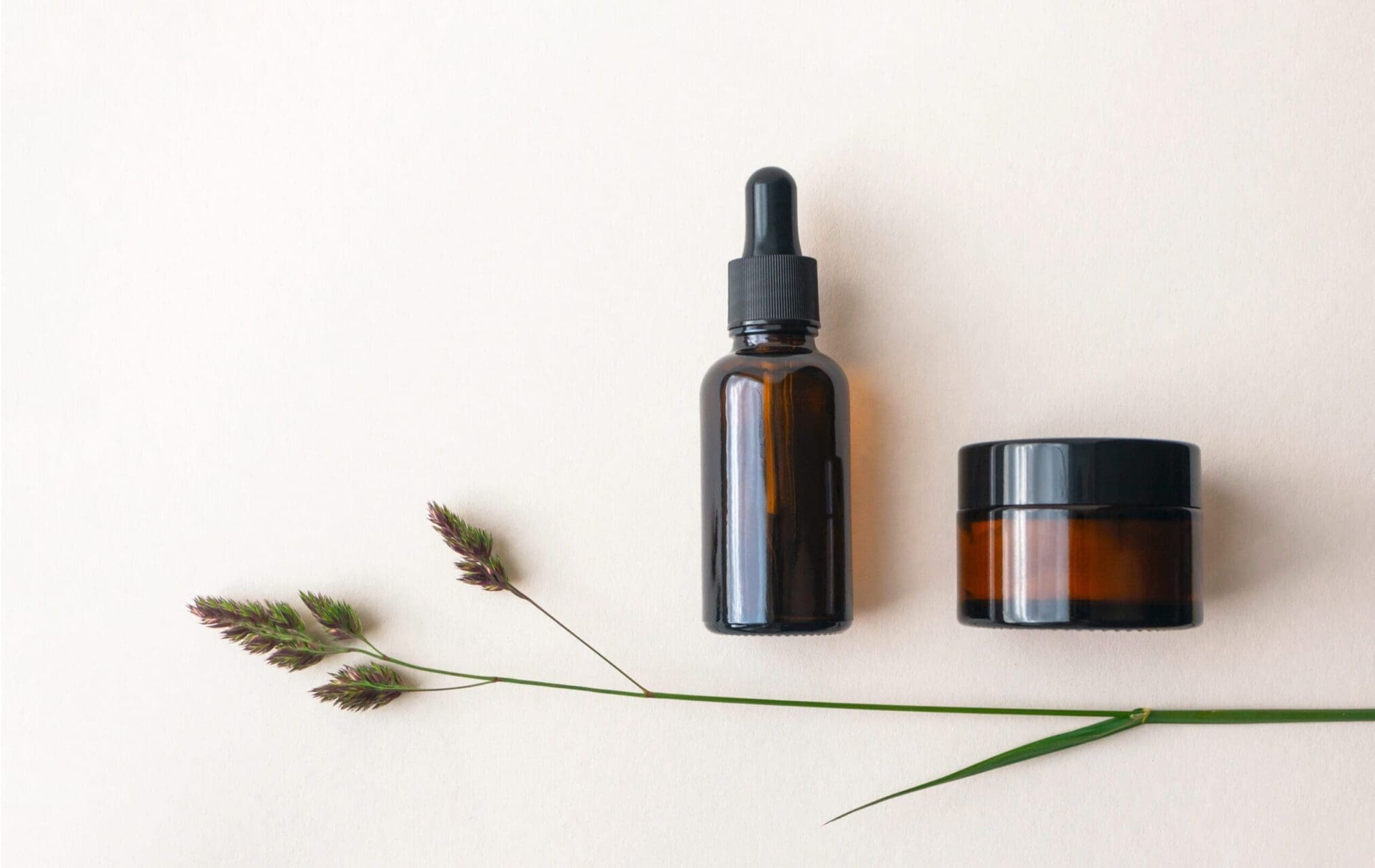In February 2020, the Working Group on Cosmetic Products updated the Cosmetics Borderline Manual and included two new entries concerning nail care products and massage products, as well as a modification to the essential oils entry.
The Manual is an important document as it presents (a collection) of best practices of the EU Member States and is used as an interpretation tool of the EU Cosmetics Regulation (EC) No 1223/2009.
When it comes to the new updates, the Manual takes a case-by-case approach with regards to massage products. If the product is intended merely to help the act of massage, it does not have the main purpose of cleaning, perfuming, changing the appearance, protecting, keeping in good condition or correcting body odors, thus falls outside the scope of the EU Cosmetics Regulation. However, if the product has a cosmetic main function, for example to protect the skin, moisturize or perfume, then the product will be considered as cosmetics. One important clarification is that products intended to have an effect on muscles, such as muscle relief, warming or cooling, are not classified as cosmetics products.
According to the Manual, nail products with cosmetic function may be considered as cosmetics if they do not “restore, correct or modify physiological functions[…] by exerting a pharmacological, immunological or metabolic action”. Products intended to treat or prevent fungal infections or other deceases are not categorized cosmetics.
Finally, the Manual clarifies that pure essential oils intended for use under aromatherapy or to be inhaled or ingested will not be considered as cosmetics. If the pure essential oil is intended to be placed in contact with the skin and has a cosmetic purpose, it may be considered as falling under the scope of the EU Cosmetics Regulation. Nevertheless, the Manual underlines that such use of pure essential oils is rare and usually they are used as ingredients in other cosmetic products.
In conclusion, when assessing whether a product should be considered as cosmetics, account should be taken of its overall presentation and characteristics, as well as its main purpose.
Efrosina Zhivkova,
Expert Consultant at Regulatory Affairs Department,
24/03/2020
Obelis at Your Service
As a professional Responsible Person Center, Obelis specializes in the European Regulatory framework and will continue to keep track of the latest developments of the European Regulations in order to provide our clients with the best and most up-to-date information.
If you wish to ensure that your products comply with the EU Cosmetics Regulation, contact us!


